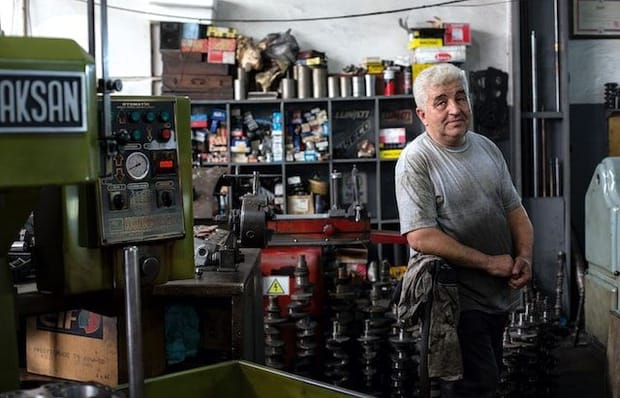New chancellor Rishi Sunak might have expected a very different first Budget when he stepped into the role a month ago, but in the shadow of COVID-19 and a potential recession, this budget felt like something of an emergency.
It came hot on the heels of the Bank of England cutting interest rates back to their historic low of 0.25% on Wednesday morning to help shore up the economy.
This Budget was one of short term measures and long term investment. It also scaled back existing initiatives, and cancelled changes that we'd expected to come into force in the new financial year. We also saw extra measures to boost small businesses — particularly in industries that look set to be worst-hit by coronavirus.
Here are the main announcements affecting small businesses.
Temporary tax relief, loans & compensation
In businesses with fewer than 250 employees, the government will refund the cost of up to 14 days of statutory sick pay (SSP) for every affected employee. Employees will receive SSP when self-isolating, even if they aren't showing any symptoms of coronavirus.
The government will also expand their Time to Pay initiative, which will help small businesses defer tax payments and arrange payment plans if necessary. A new helpline will be set up to assist businesses.
Additionally, the Coronavirus Business Interruption Loan Scheme will help provide finance to small businesses, with up to 80% of losses covered by the government.
Business rates
We've mentioned business rates in every budget round-up on the RotaCloud blog so far, and today is no different.
With the high street continuing to press for wholesale reform of business rates, this year's Budget saw a temporary abolishment of business rates for retail and hospitality businesses with a rateable value of below £51,000. For businesses that fall under the Small Business Rates Relief scheme, they'll instead receive a £3,000 cash grant.
A full business rates review will begin later this year.
Infrastructure
The government's infrastructure strategy document isn't going to be published for several weeks, but the chancellor pledged £640 billion of funding for infrastructure, housing, schools and hospitals over the next five years.
This includes £27 billion on English strategic roads, £2.5 billion for pothole repairs, £5 billion for gigabit broadband in rural areas and extra funding for flood defences.
There was some debate over whether the chancellor would increase fuel duty after a freeze since 2011-12, but the freeze continues.
Cancelling business tax cuts & relief
As expected, the planned corporation tax decrease from 19% to 18%, then 17% in 2021-22, has been scrapped. It'll stay at 19% for now.
Entrepreneurs' relief, which reduces the rate of capital gains tax due when an entrepreneur sells all or part of their business, will be reformed — reducing the lifetime limit from £10 million to £1 million.
This will be known in the press as the 'coronavirus budget' due to the short-term nature of so many of these announcements, but there was plenty in it for small businesses.
And barely a mention of Brexit.





